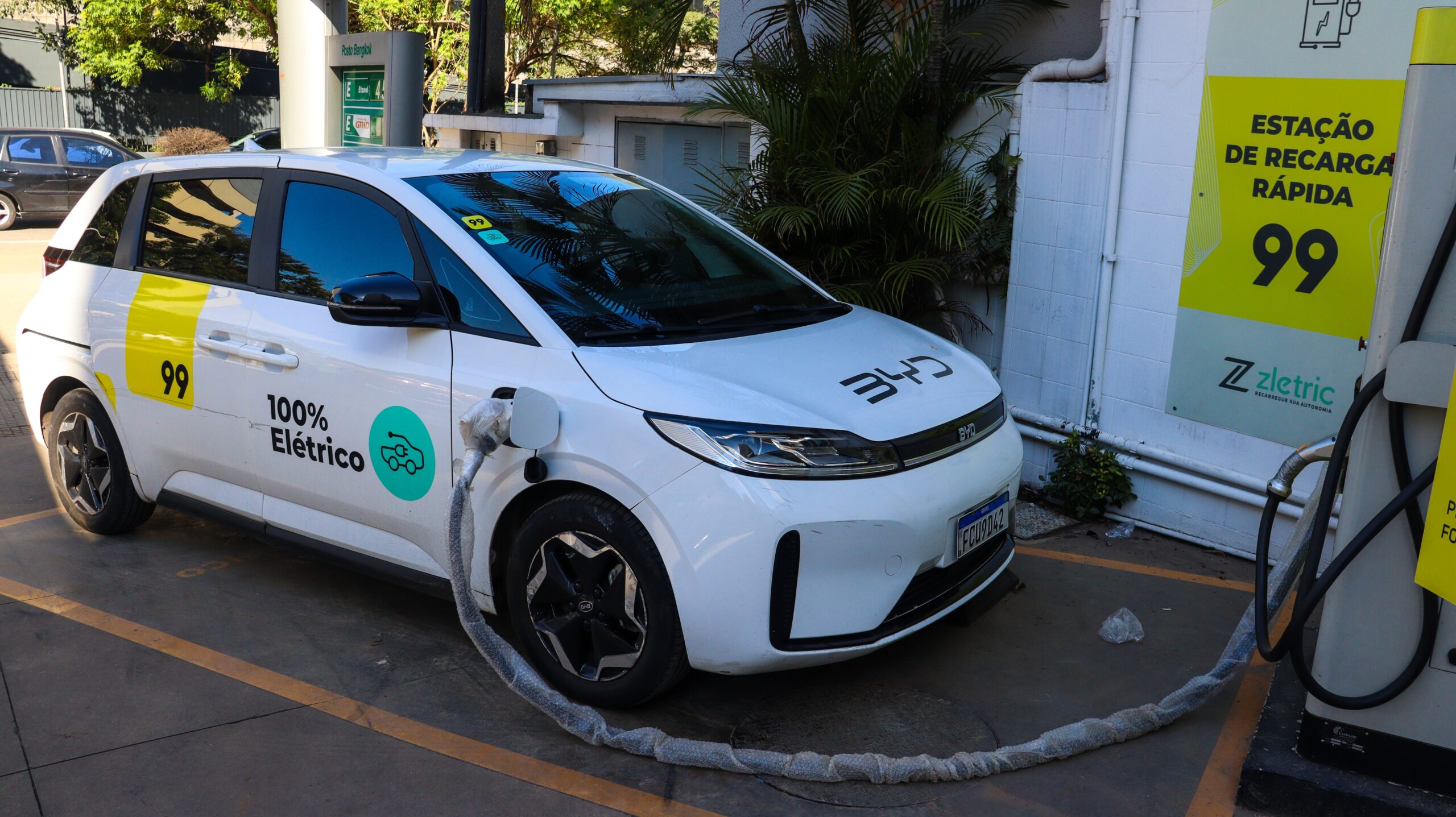In Romania’s elections, a satirical meme about corruption reached more citizens than most traditional campaign advertisements, and it wasn’t created by any political party. Meme creators are revolutionising political communication, transforming from internet entertainers into genuine political actors who shape public opinion in ways traditional institutions never could.
While political scientists debate democracy’s future and journalists lament declining media trust, a seismic revolution has been unfolding right under our noses. By interviewing meme creators, my research illustrates that they are no longer simply reflecting online culture. They are building digital arenas of political performance, manufacturing political sentiment while remaining unconstrained by party lines or editorial guidelines, and crafting narratives that reach millions in real time.
Unlike journalists constrained by editorial guidelines or politicians bound by party messaging, meme creators operate with complete autonomy, crafting political narratives that reach millions. They’ve cracked the code that traditional political actors have struggled with for decades: how to make politics engaging for a generation that has largely switched off from conventional political discourse. As one creator put it, “memes seem to bring people together better than political platforms.”
This isn’t just about internet culture. This is about the fundamental redistribution of political power in the digital age.
Weaponising humour
Meme creators have used agenda-setting as their most devastating weapon, embracing a role once reserved for political elites by becoming public persuaders. They no longer merely comment on politics; they shape it, crafting the dominant narrative.
They’ve discovered something remarkable: in the attention economy, whoever can make people laugh while making them think, controls the narrative entirely. Traditional media might cover policy announcements or campaign events, but meme creators focus relentlessly on moments of political vulnerability, amplifying gaffes, contradictions, and hypocrisies that might otherwise vanish from public consciousness. An example of memes portraying former Romanian Prime Minister Viorica Dăncilă exemplifies their devastating effectiveness. Meme creators relentlessly satirised her linguistic gaffes and political missteps, turning every slip-up into viral content that cemented her public persona. These weren’t just jokes, they became mechanisms for controlling political conversation.
As expressed by one of the creators, the constant repetition helped “maintain this status quo and amplify it.” Dăncilă’s memes solidified her public identity more than any televised debate ever could.
Research suggests people require only one successful satirical meme to capture their attention in infinite scroll culture. This isn’t random mockery, but weaponised humour designed to systematically undermine political authority. Another creator revealed their work is “strategic political communication disguised as entertainment.” Complex policy failures become simple visual jokes, institutional corruption transforms into relatable metaphors, and political hypocrisy becomes shareable content spreading organically through social networks, something I have explored in another study.
Their influence operates in real-time. Creators monitor engagement as a proxy for public sentiment, using Facebook metrics like “a sociological study,” as one of the meme creators put it, to gauge reactions and strategically decide what to further post.
Democratising political participation
Perhaps the most interesting aspect is how meme creators have democratised political participation, particularly in contexts where traditional institutions face credibility crises. The Romanian case study proves especially useful as it represents an environment of chronic institutional distrust and widespread political fatigue, which are precisely the conditions where these digital actors thrive. My interviews revealed how meme creators have emerged as alternative political commentators who speak the digital native language fluently, using internet vernacular, cultural references, and absurdist humour that feels authentic and non-hierarchical. As one creator said, memes are “like speaking the language of the future young electorate.” Rather than requiring background knowledge or sustained attention, memes deliver political insight through shared cultural references and pop culture symbols that resonate.
The participatory nature of meme culture amplifies this democratisation exponentially. Unlike traditional media consumption, meme engagement is inherently interactive. Citizens become active participants in political conversations rather than passive recipients of institutional messaging. One creator noted: “They make you comment, maybe tag someone, maybe share… they should be as relatable as possible. That’s the main point for them to work.” This interactivity transforms memes from messages into mini-political movements, driven not by elites but by ordinary users shaping the discourse in real time.
Navigating the ethical minefield
However, this democratisation comes with significant challenges. As the influence of meme creators grows, they navigate increasingly complex ethical minefields that blur traditional boundaries between entertainment and information, between grassroots activism and political manipulation.
One creator recounted creating a fake event supporting a controversial character as satirical commentary, which national media treated as legitimate news: a meme crossed into journalism. The satirical frame collapsed entirely, demonstrating how viral satirical content can easily be misunderstood as factual reporting. The risks extend beyond accidental misinformation. Another creator warned: “Without realising it, we may idolise a person who is super negative or create a very false perception just because we found it funny.” Memes flatten nuance rapidly, and repeated exaggeration hardens into belief among audiences who often lack background knowledge to distinguish satirical commentary from factual reporting.
Monetisation pressures create additional ethical complications. Successful meme creators face increasing opportunities to monetise their influence through advertising, sponsorships, or direct political partnerships. Several creators revealed approaches by political parties, with one disclosing a €10,000 offer for a viral campaign. This creates potential conflicts between maintaining authenticity and pursuing economic opportunities. Co-optation poses the greatest long-term threat to authentic creator independence. Another creator revealed that “Politicians have already tried to buy, not the page itself, but the work of people on the page… this has been happening for a while.” This raises critical questions about transparency and the boundaries between authentic grassroots expression and manufactured political propaganda.
The future of political communication
How we think about political communication, and the informal digital actors who are increasingly contributing to democratic discourse, is becoming an increasingly important question. Meme creators are no longer internet outliers, they’re the frontline architects of a potentially permanent shift in how political power is shaped, performed, and contested in the digital age. This isn’t just about memes. It’s about political legitimacy. In a media environment choked by distrust, meme creators offer something traditional politics can’t: authenticity, emotional impact, and viral reach. And politicians are finally catching up. Interviewees predict future campaigns will lean heavily on memetic strategies.
The message from my research is crystal clear: in contemporary politics, never underestimate the power of those who make people laugh while making them think. The “memers” have arrived, and they’re reshaping democracy one viral post at a time.
Mimi Mihăilescu is a PhD Candidate at the University of Bath. Mimi’s research passion lies at the intersection of internet culture and politics, exploring the deep and complicated world of memes, social media networking, and digital media studies. Her work critically examines the dynamic and transformative nature of online communities, contributing valuable insights to the field of digital media.
This article is published under a Creative Commons License and may be republished with attribution.





